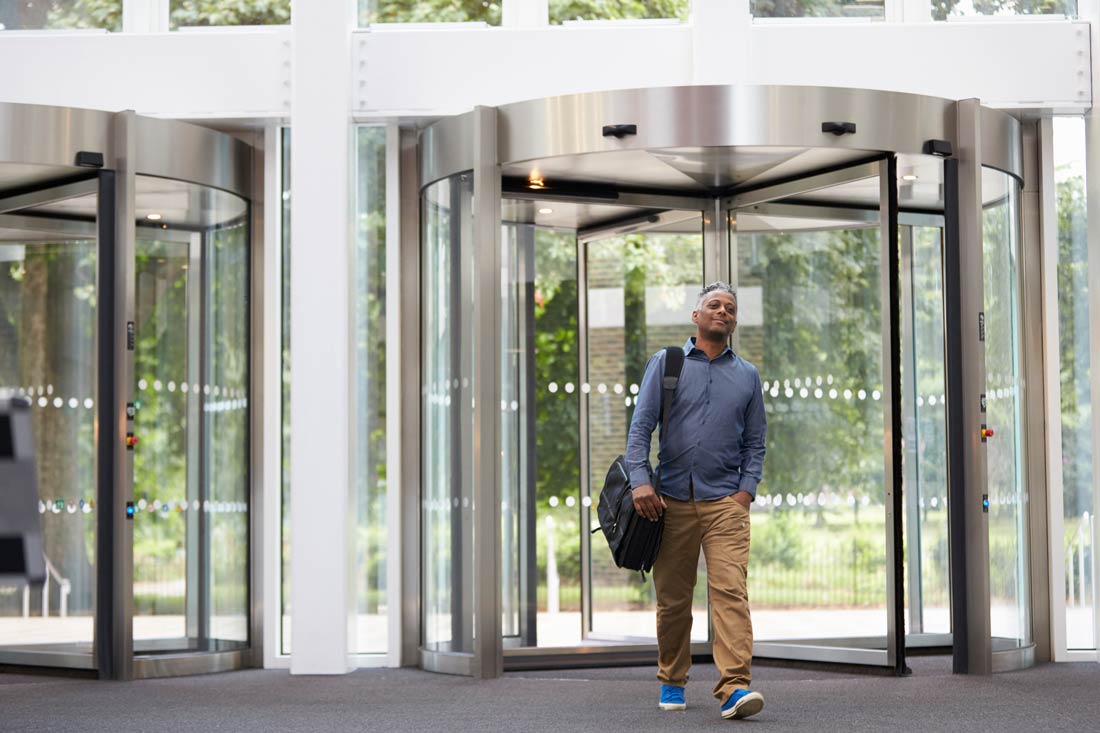As the world gradually emerges from the grips of the pandemic, organizations are grappling with the decision to bring their employees back to physical office spaces. However, this return-to-office movement has raised concerns about its potential impact on diversity, equity, and inclusion (DEI) efforts.
A Potential Setback for Diversity
One of the primary concerns surrounding return-to-office mandates is that they may inadvertently hinder progress in achieving diverse work environments. Over the past year and a half, remote work has provided an opportunity for individuals from various backgrounds and locations to contribute their unique perspectives without being limited by geographical constraints. By reverting solely to in-person work arrangements, companies risk losing this newfound diversity.
Furthermore, marginalized communities have historically faced barriers when it comes to accessing traditional workplaces due to factors such as discrimination or lack of resources. Remote work offered a chance for these individuals to participate more fully in professional settings while minimizing some of these obstacles. Returning exclusively to physical offices could potentially exclude those who have benefited from remote opportunities.
An Equity Challenge
In addition to diversity concerns, return-to-office mandates also pose challenges regarding equity within organizations. Many employees have experienced significant changes in their personal lives during the pandemic – be it caregiving responsibilities or health-related issues – which may make returning full-time difficult or even impossible.
This situation disproportionately affects certain groups who already face systemic disadvantages and inequities. Women often bear a greater burden when it comes to caregiving responsibilities, while individuals with disabilities may require accommodations that might not be readily available in traditional office settings.
Navigating Inclusion Amidst Change
The shift back into physical workplaces necessitates careful consideration of how inclusion can be maintained and strengthened. Organizations must proactively address the potential challenges that may arise from return-to-office mandates to ensure that all employees feel valued and supported.
This can involve implementing flexible work arrangements, such as hybrid models or remote options, to accommodate diverse needs. Additionally, fostering open communication channels and providing resources for mental health support can help mitigate any adverse effects on employee well-being during this transition period.
A Call for Continued Commitment
While the return-to-office movement presents a unique set of challenges for DEI efforts, it is crucial not to lose sight of the progress made thus far. Companies must remain steadfast in their commitment to diversity, equity, and inclusion by actively seeking ways to adapt their practices in response to changing circumstances.
By embracing flexibility and inclusivity throughout this transitional phase, organizations have an opportunity to create workplaces that are truly representative of the diverse world we live in – where everyone has equal opportunities for growth and success.
